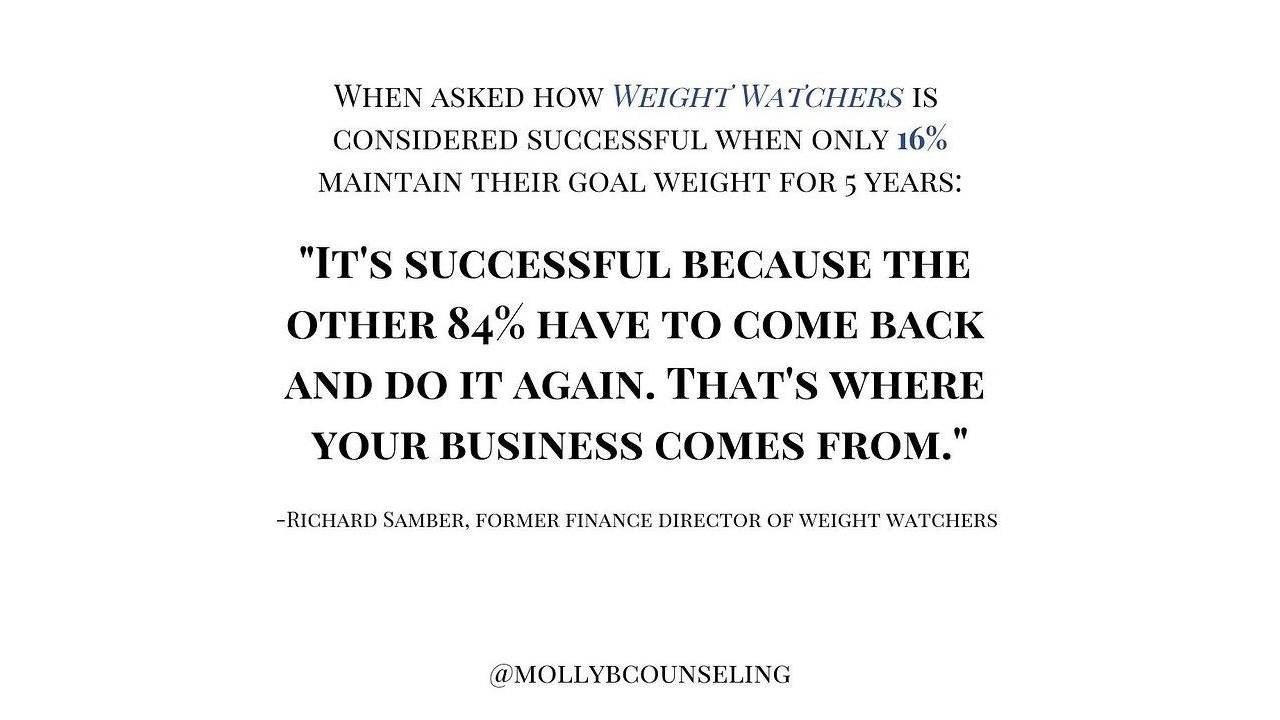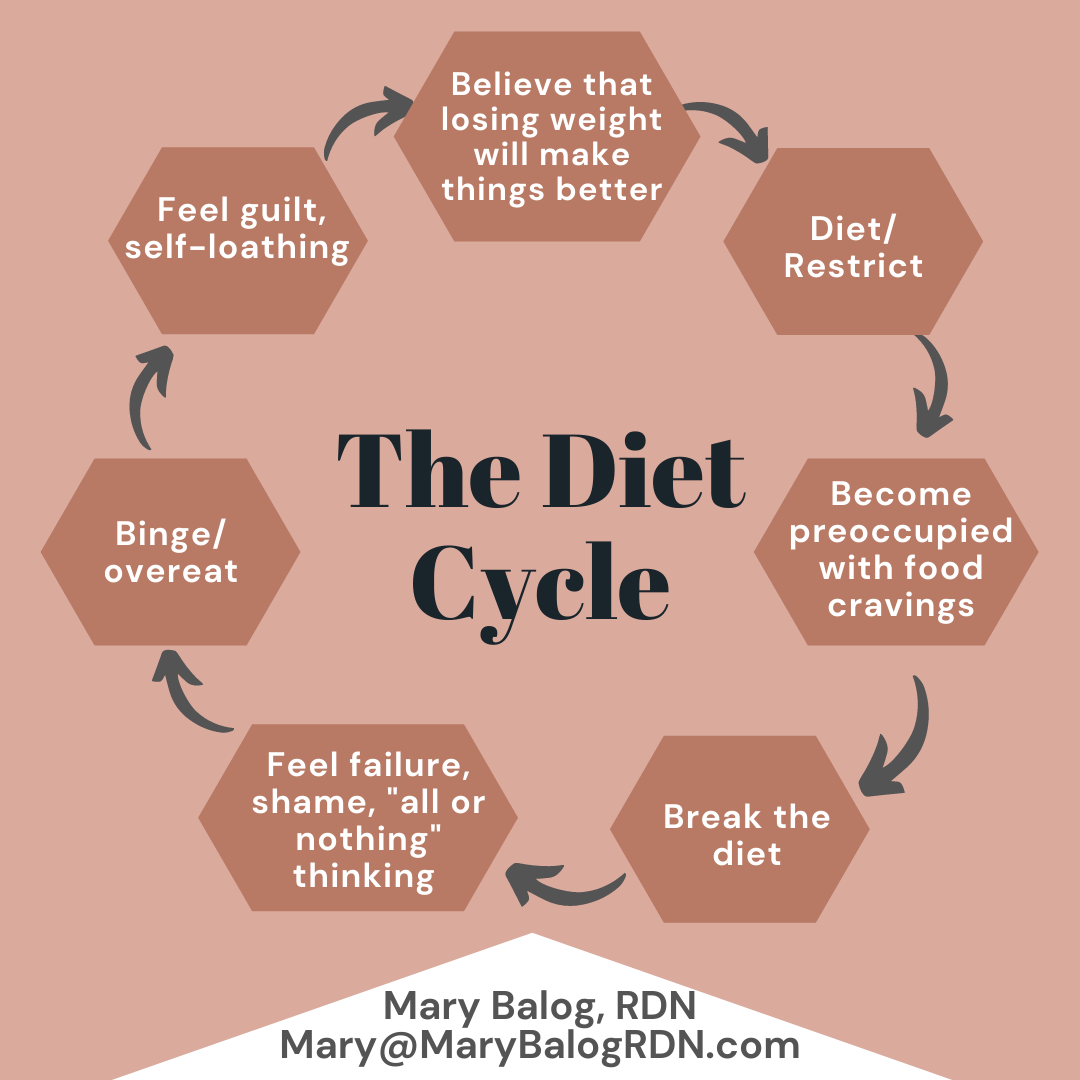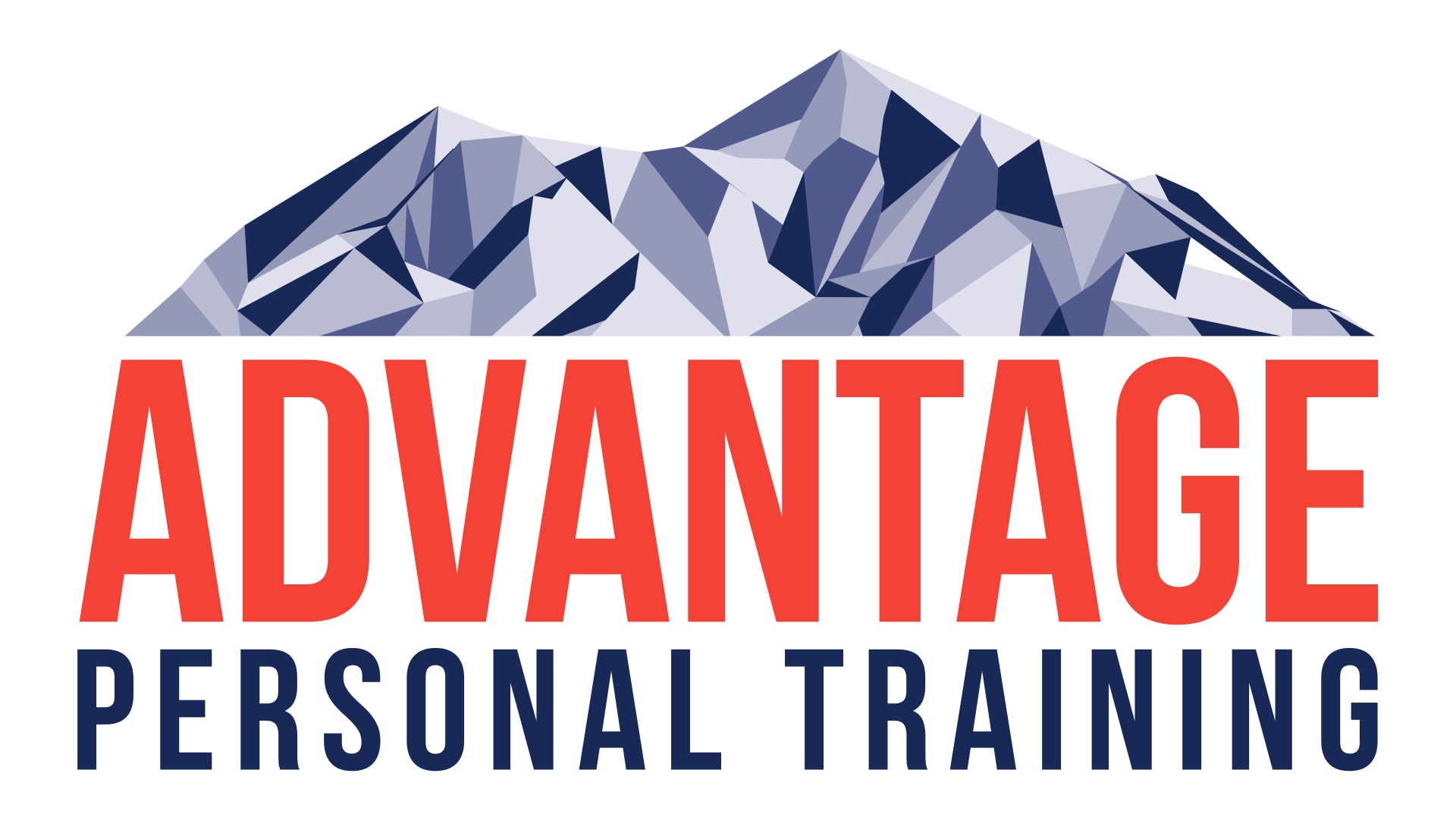Is CrossFit the Right Choice for Athletes?
The short answer…no.
There has been a recent explosion in the popularity of the CrossFit training mentality. Gyms are popping up all over because of the relatively simple space and equipment requirements. Trainers are getting themselves certified (or in some cases, skipping this step), finding some open warehouse space, grabbing a few clients and away they go with their business. It is affordable for owners and profitable because most of the training is done in a group setting. There are CrossFit die-hards and those who swear by its methods, but in case after case, we see that while it is a form of EXERCISE, it is not an appropriate form of TRAINING.
There is nothing inherently wrong with the actual CrossFit exercises. In fact, most of them are exercises I would use in my training programs. Olympic lifts, kettlebell work, bodyweight lifts, and metabolic conditioning are all valuable components of performance training. The issue lies in the mentality with which they are performed. Do a quick youtube search for “CrossFit fail” and ask yourself if what you are seeing is performance enhancing or injury inducing. In a nutshell, the CrossFit mentality encourages either as many reps as possible in a certain amount of time, or lifting a maximum weight. In both cases, the idea is to “get it done” regardless of form. As muscles fatigue, we see form and technique fall apart. This puts the body in a precarious position, one where the chance of injury is much greater. Also, by training this way, compensations dominate the end of every set, so instead of getting positive effect out of an exercise you are training a compensated pattern which will translate to the playing field. These poor movement patterns leave you the athlete less efficient and more susceptible to injury. This is not the way to enhance performance. How can you get better if you are working with inefficient patterns or sidelined with an injury?
Performance enhancement should be done according to a progression, moving on to more complex skills only when a solid foundation has been established at your current level.  Movement QUALITY determines how fast you progress, not movement QUANTITY. This may mean we go slowly in the beginning to establish a solid base upon which to build athletic gains. It is a shift away from the conventional training mentality, for sure. Most believe you have to go through brutal, butt-kicking workouts to see results. If you start adding weight and reps to a poor movement pattern, you are adding strength to dysfunction. To use an analogy used by Grey Cook, you are “planting a seed in gravel.” If you don’t take the time to nurture and improve base movements, the seed will not grow. By following movement progression, you create a solid base, rich soil that will help a seed grow.
Movement QUALITY determines how fast you progress, not movement QUANTITY. This may mean we go slowly in the beginning to establish a solid base upon which to build athletic gains. It is a shift away from the conventional training mentality, for sure. Most believe you have to go through brutal, butt-kicking workouts to see results. If you start adding weight and reps to a poor movement pattern, you are adding strength to dysfunction. To use an analogy used by Grey Cook, you are “planting a seed in gravel.” If you don’t take the time to nurture and improve base movements, the seed will not grow. By following movement progression, you create a solid base, rich soil that will help a seed grow.
In addition to the issue of training poor movement patterns, you have to think about how the training is done. Training to failure repeatedly does not agree with the dynamic properties of athletics. Sports are impulse driven, meaning athletes rely on split second contraction and relaxation sequences to generate great amounts of power. A great golfer is fully relaxed throughout his swing until the moment he hits the ball, where we see a massive impulse that puts energy into the ball. Just as quickly as the muscles turn on, they turn off to maintain fluid motion and retain energy. The same goes for a sprinter in the starting blocks. Their legs are relaxed until the gun, when a split second contraction of the legs fires them out of the blocks. Training to failure usually ends up in slow poorly executed movements and can train power out of athletes that need it. We are biologically set up with muscles that produce power and those that produce endurance. When training long, slow movements, you can change those muscles that are built for power over to endurance muscles, so you lose the ability to create a strong impulse. Without a powerful impulse, the ability to sprint, jump, throw, accelerate, swing, block, spike, or punch is diminished leaving you with a limited athletic career.
When considering a performance enhancing program, or simply looking for a movement upgrade, think twice before committing to a CrossFit gym. Although the social aspect and the challenge can be enticing, it is not the right choice for performance enhancement or lifetime health. You can subject yourself to difficult workouts, but they should be done once a solid movement and conditioning base is established. Seek responsible, professional coaches who care enough about your body to prepare it for difficult workouts before throwing you into them. When it comes to enhancing performance and lifelong health, an appropriate progression is the best way to build (grow!) improvements.
Until next time,
Brian Sipotz, CSCS




Advantage Personal Training is an Ann Arbor based Family Oriented Gym, focusing on the training needs of individuals, small groups and youth athletes. Meet with a results-oriented personal trainer and put yourself on the path to a more active life!
SERVICES
CONTACT INFORMATION
Hours of Operation
Mon to Fri: 6:00 AM - 8:30 PM
Sat: 8:30 AM - 12:30 PM
Sun: CLOSED
All Rights Reserved | Advantage Personal Training

